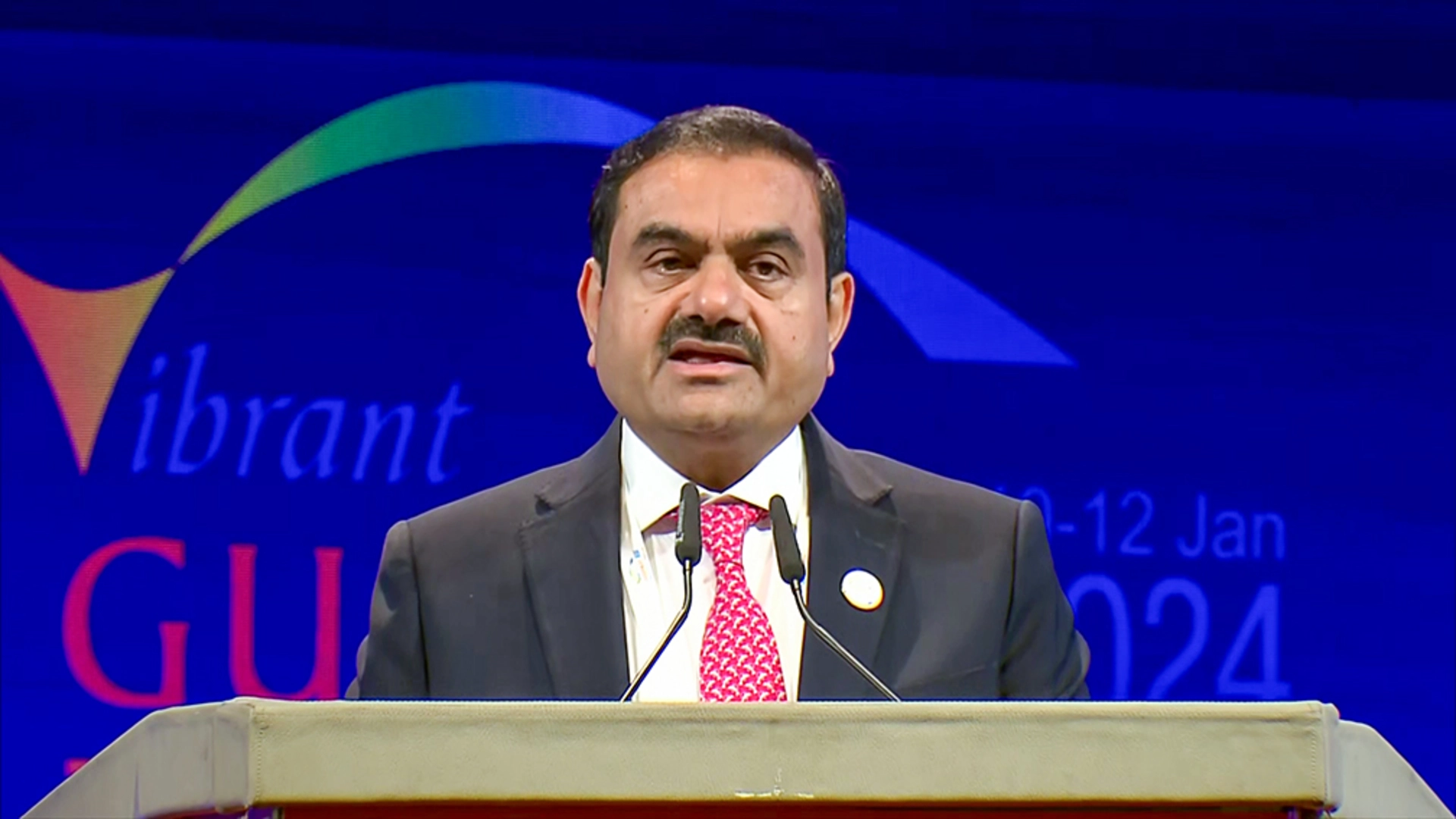
Polycystic ovarian syndrome (pcos) affect one in every five women: a hormonal disorder, which causes enlarged ovaries with small cysts on the outer edges.
According to a study conducted by the department of endocrinology and metabolism (AIIMS), about 20-25 percent of indian women of childbearing age are suffering from pcos.
When we look at these numbers we can understand how significantly this syndrome is affecting health of women and needs urgent attention as mainstay of treatment is lifestyle correction. Pcos is more in the Asian population as genetically we are more insulin resistant than the Caucasians.
Insulin has a major contributory factor in altering our reproductive hormonal milieu as it increases the deposition of peripheral and visceral fat. Girls reach to the clinic with varied symptoms which include acne, excessive hair growth, hair loss, or different types of menstrual irregularity. Fertility might also be a challenge for women with pcod.
Even when women with pcod conceive there is an increased risk of miscarriage early and risk of gestational diabetes which might need insulin treatment during pregnancy. When such women come to the clinic they should be made aware about the long term implications of pcod which includes dysfunctional uterine bleeding, endometrial cancer and diabetes and cardiovascular diseases.
There is a characteristic association of pcod with vitamin d deficiency which should be corrected as a part of management. The cornerstone of management is the lifestyle correction, weight reduction and treatment as per the symptoms. Regular exercise in the form of yoga, aerobics, dance, gym (under supervision) is the key. Optimal exercises for at least 150 minutes a week is recommended in initial phases and can be increased to 40 minutes daily
Diet management includes avoiding processed and junk foods, decreasing sugary items and simplifying the meals. We should stick to sensible and sustainable diet with no shortcuts. Meditation, regularising the sleep cycle and distressing helps to reach the goal faster. Women need to be explained that even a 5% weight loss can control the symptoms.
There is a group of women we call as the lean pcod, where health management is the mainstay of treatment as we cannot stress them further talking about weight. Again it is important that we should not over diagnose pcod in teenagers as the reproductive system and menstrual cycles stabilise till the age of 15. So when such young girls show up, they should be oriented about including physical activity avoiding junk food and having gadget free times and catching adequate sleep.
To sum up all the m’s need to be eliminated or reduced from our lives including maggi, momos, mobiles and mental stress.
The author is an Obstetrician, Gynaecologist and Lead Consultant at Birth Right by Rainbow Hospitals.















